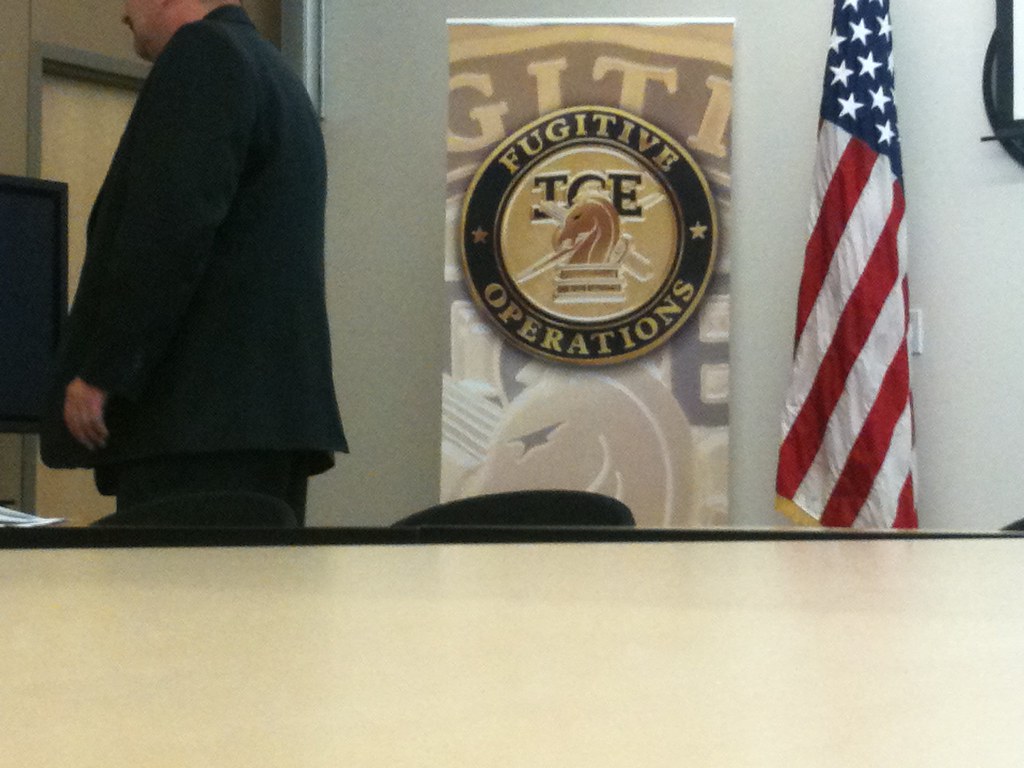Key Takeaways
• ICE recruits face serious vetting gaps, sparking safety concerns.
• Nearly half fail exams despite notes and books.
• Training shrank from 13 weeks to six weeks.
• Panel warns of chaotic city scenes and unchecked agents.
ICE recruits under fire on Morning Joe
A recent NBC News alert exposed big problems with rush-hired ICE recruits. Many new agents skipped critical checks. They failed drug tests, missed fingerprint steps, or had past violence charges. On Morning Joe, hosts worried that half-baked agents could hurt public safety.
What did NBC report?
NBC News found that ICE officials cut corners to get agents on the streets fast. They gave a $50,000 bonus and saw 150,000 sign up. However, some recruits:
• Had no fingerprint records.
• Showed up with violent criminal charges.
• Failed drugs or fitness checks.
• Missed academic or physical standards.
Surprisingly, nearly half flunked the written exam despite using notes and textbooks. Meanwhile, ICE trimmed training from 13 weeks to six. This made vetting even weaker. As a result, many agents hit city streets almost untested.
Morning Joe panel reacts
Co-host Mike Brzezinski voiced alarm over the weak vetting. She noted a recruit once faced robbery and domestic battery charges. Then co-host Joe Scarborough warned viewers. He said masked agents could use force without anyone knowing their identity. Scarborough called it a “recipe for disaster.” Willie Geist added that recruits now rough up street vendors selling fake purses. He stressed that rushed agents lack proper training.
Training cuts and test failures
ICE is cutting its training program by more than half. This squeezes out critical lessons in deescalation, legal procedure, and community safety. Despite this, recruits still battle to pass basic exams. Failure rates soared even with study aids. Thus, ICE risks deploying underprepared agents into tense situations. Moreover, without full background checks, the agency can’t catch red flags early on.
Masked agents and public fear
Masked ICE agents already trigger public worry. They hide their faces to keep identities secret. While they claim it protects them, it also hides accountability. As a result, citizens fear sudden raids with no way to know who’s behind the mask. Such tactics can look intimidating and even unlawful.
Why this matters for cities
Cities rely on clear law enforcement procedures and trusted officers. Yet unvetted ICE recruits may break rules or hurt innocent people. For example, rough treatment of vendors on Canal Street raises red flags. When agents fail to show badges or clear ID, they undermine public trust. Consequently, local leaders worry about protests or chaos. They fear that agents with violent histories could fuel unrest.
What lies ahead for ICE recruits?
Moving forward, ICE faces a tough choice. It can slow hiring to finish full checks. Or it can keep rushing agents out, risking more incidents. Critics say the agency needs stricter training and vetting. Otherwise, mass deportation efforts could spiral out of control. Furthermore, communities may resist raids more actively. Ultimately, ICE must balance its mission and public safety.
What can change?
First, ICE could restore the full 13-week training program. This would give agents time to learn proper techniques. Second, the agency should enforce fingerprint checks and background reviews. Third, cutting the signing bonus could ease the rush and reduce unqualified applicants. Finally, clear ID rules for masked agents could rebuild trust.
The bottom line
In short, ICE recruits are entering service with big gaps in training and vetting. Morning Joe hosts sounded the alarm on possible chaos. Unless ICE fixes these problems, we could see more rough tactics and legal battles. Cities deserve law enforcement that’s skilled, accountable, and transparent.
Frequently Asked Questions
Why did ICE shorten its training program?
ICE cut training from 13 to six weeks to staff more agents faster. The move tied to a big signing bonus and a push for mass deportations.
How many applicants failed the written exam?
Nearly half of the rush-hired ICE recruits did not pass the written test, despite having notes and textbooks.
What risks come with masked ICE agents?
Masked agents hide identities, which can reduce accountability and fuel public fear during raids.
Can ICE restore vetting without slowing down hiring?
Restoring vetting steps and fingerprint checks adds time, but focused efforts could keep hiring steady while ensuring safety.
What happened on Canal Street with ICE recruits?
Unvetted agents reportedly roughed up street vendors selling fake purses, stoking worries about untrained force in public.
